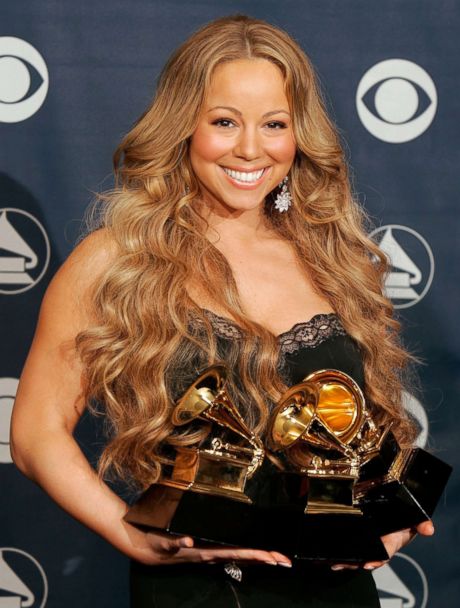
The winner had to have obvious vocal talent. There could be no doubt this time that they were the real deal. The Grammys experienced a debacle in 1990 when their best new artist winner, Milli Vanilli, was revealed not to have sung a note on their smash debut album, Girl You Know It's True. In terms of all-time awards show embarrassments, it's just behind the Oscars' monumental 2017 screw-up where they handed their top award to the wrong picture.
So as the Grammys looked ahead to their 1991 show, it was imperative that the best new artist winner have obvious vocal talent. There could be no doubt this time that they were the real deal. And it would be ideal if the winner went on to have a long, substantial career. Several other previous winners had flamed out after winning best new artist. Starland Vocal Band (the 1976 winners) and Debby Boone (who won for 1977) never returned to the top 40 on the Billboard Hot 100 after their career-launching No. 1 hits, "Afternoon Delight" and "You Light Up My Life," respectively.
A Taste of Honey, the 1978 winners, were "two-hit-wonders," with two top 40 hits, "Boogie Oogie Oogie" and "Sukiyaki." Even Men at Work, the 1982 winners, who were seen at the time as a credible pop/rock group, had a surprisingly brief run at the top. So the Grammys really needed a strong winner to make up for the Milli Vanilli debacle and the general sense that this award was the "kiss of death," as former Starland Vocal Band member Taffy Danoff memorably put it in a 2002 interview for VH1's 100 Greatest One Hit Wonders.
The Grammys were fortunate that Mariah Carey came along just in time to take the 1991 award. It was obvious that she could sing. In addition, she co-wrote every song on her smash debut album, produced one of the tracks and served as an arranger. Carey was nominated in each of the Big Four categories – album, record and song of the year plus best new artist -- at the 33rd annual Grammy Awards, held that year at Radio City Music Hall in New York. Moreover, at 20, Carey was the youngest artist to achieve that nominations sweep, surpassing Bobbie Gentry, who was 23 when she was nominated in all four of these categories in early 1968. (Carey held that record until this past year, when Billie Eilish secured all four nominations at 17.
Eilish was 18 by the time of the awards.) In addition to winning for best new artist, Carey won for best pop vocal performance, female for "Vision of Love," beating out Whitney Houston, Bette Midler, Sinéad O'Connor and Lisa Stansfield.
Carey performed that smash on the Grammy telecast. In a 2017 feature, "The 100 Greatest Award Show Performances of All Time," Billboard's Andrew Unterberger ranked her performance at No. 10. "Truly, a vision of Mariah; just 20 years old, and already carrying the confidence of an artist who knew she'd be dueting with Whitney Houston on even footing by decade's end." The Grammys couldn't have known that Carey would still be going strong nearly 30 years later; that she would go on to amass 19 No. 1 hits on the Hot 100 – more than any other solo artist in history; that she would become the first artist in the history of the Hot 100 to appear at No. 1 in four different decades; or that she would have the fortitude to survive the ups and downs that are the lot of a performer's life in this business.
Sometimes in life you luck out. When Carey won for best new artist, the Grammys lucked out. Many (though not all) of the subsequent winners have also had enviable careers, which has countered the idea that this award is the "kiss of death." Post-Carey best new artist winners include Toni Braxton, Sheryl Crow, LeAnn Rimes, Christina Aguilera, Alicia Keys, Maroon 5, John Legend, Carrie Underwood, Adele and Sam Smith. There's not a lip-syncher or quick flame-out in the bunch.

No comments:
Post a Comment